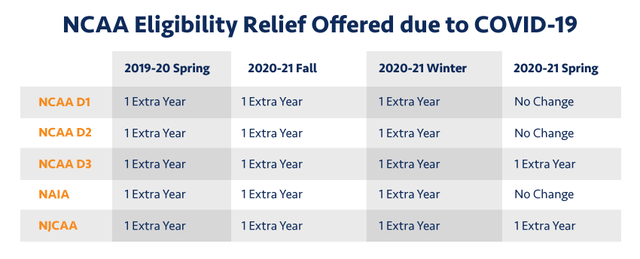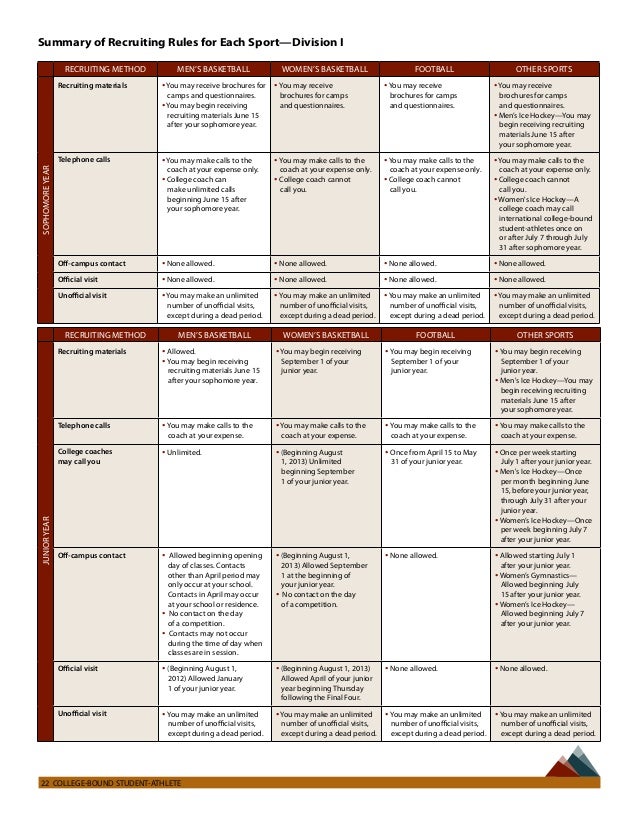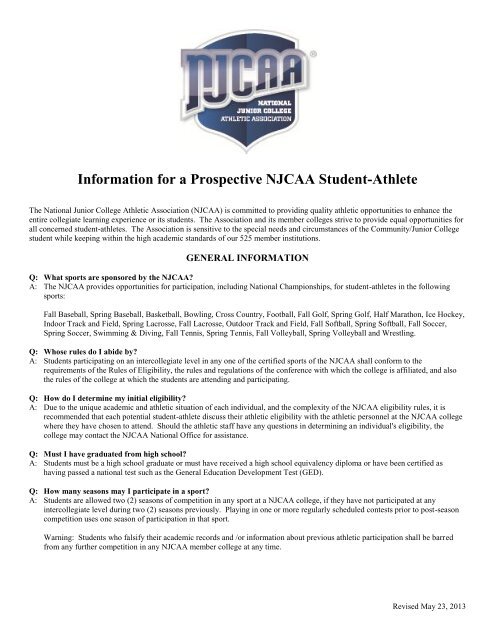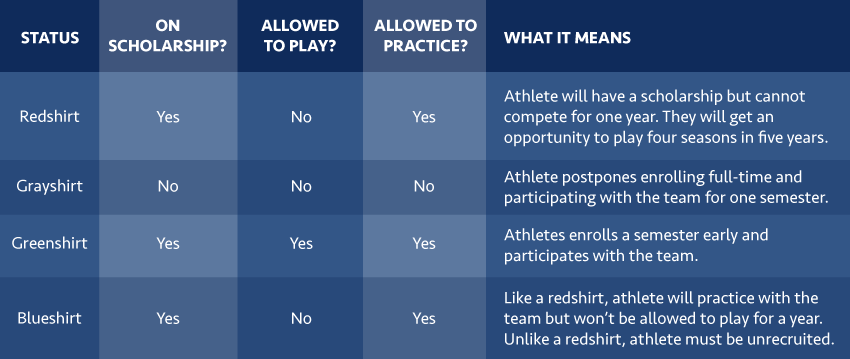Ncaa Junior College Eligibility Rules
If you're looking for video and picture information linked to the key word you've come to pay a visit to the ideal site. Our website provides you with hints for seeing the highest quality video and picture content, search and find more enlightening video content and graphics that fit your interests.
includes one of thousands of movie collections from several sources, especially Youtube, therefore we recommend this video for you to view. It is also possible to bring about supporting this site by sharing videos and images that you like on this site on your social networking accounts such as Facebook and Instagram or educate your closest friends share your experiences about the ease of access to downloads and the information you get on this website. This site is for them to stop by this website.

Keynes Drive - Suite 450.
Ncaa junior college eligibility rules. To be considered a qualifier you need to have registered with the NCAA Eligibility Center and have been certified by them as an academic qualifier. 2019-20 NJCAA Eligibility Rules Pamphlet. In order to be eligible for NCAA competition you must be enrolled at least 12 credit hours in a term. The 2019-20 Eligibility Rules pamphlet contains the NJCAA bylaws pertaining specifically to student-athlete eligibility.
As you know by now to be a college athlete any sport you have to be aware of the requirements and rules established by the National Collegiate Athletic Association NCAA. July 25 2018 News NJCAA Eligibility Rules. It does this by reviewing the student-athletes academic record SAT or ACT scores and amateur status to ensure conformity with NCAA rules. A 2-4 qualifier transfer is a transfer from a two-year college who has been certified by the NCAA Eligibility Center as a final academic qualifier.
2019-20 Edition Updated rules and guidelines pertaining to the eligibility of NJCAA student-athletes. College-bound student-athletes preparing to enroll in a Division I or Division II school need to register with the NCAA Eligibility Center to ensure they have met amateurism standards and are academically prepared for college coursework. National Junior College Athletic Association. March 2 2016 News Non-participation designation of student-athletes.
Colleges affiliated with the NCAA are ranked as either Division I II or III schools with Division I being the most competitive made up of larger colleges and universities and offering athletic scholarships. In some cases conference rules can be. The junior college organizations ruling potentially means that freshmen could play this spring and still enter a four-year school with four years of eligibility. College football roster construction underwent a massive change last week when the NCAA Board of Governors announced the 2020 season would not count against a players eligibility clock.
November 20 2015 News NJCAA policies on. Charlotte NC 28262 719 590-9788. If an athlete has not been certified yet as a qualifier he or she may go through the Eligibility Center process after starting at the two-year college. As such it is comparable to NCAA D3 competition with all member schools needing to make sure you comply with established NJCAA rules.
Impact of COVID-19 on NCAA eligibility. Initial-Eligibility Brochure pdf - A quick guide to the standards and steps that it takes to become. It is made up of 2-year community colleges. Guide for the College-Bound Student-Athlete pdf - The Guide is a highly comprehensive tool that has been designed to help navigate the NCAA initial-eligibility process and to prepare student-athletes for transitioning from high school to becoming an NCAA Division I or II student-athlete.
What are NCAA Divisions I II and III. Included in the NCAAs academic reform package passed last spring were standards that as of the end of the 2013 academic year junior college transfers must now have a 25 grade point average in. Learn the transfer and eligibility rules for the NCAA and the new conference and school you plan to join. When you begin to think about going to a new school understand that the rules are different depending on whether you want to transfer to an NCAA Division I II or III school and whether you are currently enrolled at a two-year or a four-year school.
The NCAA is the largest association and is in charge of all areas of athletics for four-year colleges including recruiting eligibility and financial aid. Typically you are a full-time student if you are enrolled for at least 12 credit hours in a term even though some NCAA schools define a full-time student as someone who takes fewer than 12 credit hours in a term. November 3 2016 News Athletic Physicals for NJCAA Participation. The NCAA Eligibility Center loosened standards for students who initially enroll full-time during the 202122 academic year and intend to play D1 or D2 sports.
The National Junior College Athletic Association is considered the baby of sports scholarships. Generally if you have attended a junior college and are graduating with your AA or general education degree you are going to be an academic qualifier. Their areas of study are usually broader as well. February 18 2016 News Evaluating HS credentials of non-US.
A Special Note for Junior College Athletes If an athlete is currently attending a junior college and receives an additional year of eligibility from the NJCAA or the CCCAA be aware that the additional year might not be automatically honored by the NCAA or NAIA when a junior college athlete transfers to an NCAA or NAIA program. In the United States community colleges are usually small and have few or no academic requirements for acceptance. In comparison to NCAA D1 NCAA D2 and NAIA you dont need to do anything to compete for a junior college JUCO or community college with the athletic teams participating in the National Junior College Athletic Association NJCAA. An extra year means a current college student-athlete would have 6 years to play their 4 years.
The NCAA is the organization that determines whether or not you are eligible qualified to play at most colleges so if. Likewise junior college athletes. This means NCAA student-athletes can compete in all or a portion of the 2020-21 season but it wont be counted against their years of eligibility depending on their division level specific eligibility rules. Students wont be required to take the ACT or SAT by the NCAA.














